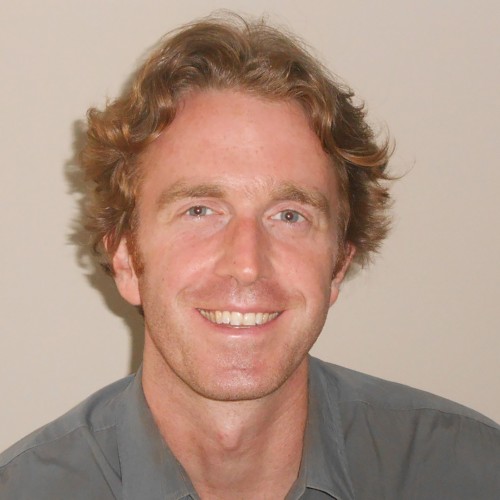Adam received his Ph.D. in Social Work and an M.S. in Statistics from the University of Georgia in 2016, as well as a Master of Social Work (M.S.W.) from the University of Washington in Seattle in 2007. He has taught a range of social work courses, including research methods, statistics, and human behavior.
His interests include investigating the social determinants of health disparities, examining predictors of secondary traumatic stress among mental health professionals, and understanding factors related to alcohol-use disorders among older adults across the life course.
Overall, he feels that learning is a reciprocal process whereby the teacher both transmits his or her knowledge to the student, but also remains open to learning from his or her students as well. The optimal learning environment is one in which people feel accepted and understood, whereby open communication of ideas occurs. Adam also have strong commitments to social change and supporting multiculturalism, particularly in higher education.
His interests include investigating the social determinants of health disparities, examining predictors of secondary traumatic stress among mental health professionals, and understanding factors related to alcohol-use disorders among older adults across the life course.
Overall, he feels that learning is a reciprocal process whereby the teacher both transmits his or her knowledge to the student, but also remains open to learning from his or her students as well. The optimal learning environment is one in which people feel accepted and understood, whereby open communication of ideas occurs. Adam also have strong commitments to social change and supporting multiculturalism, particularly in higher education.
